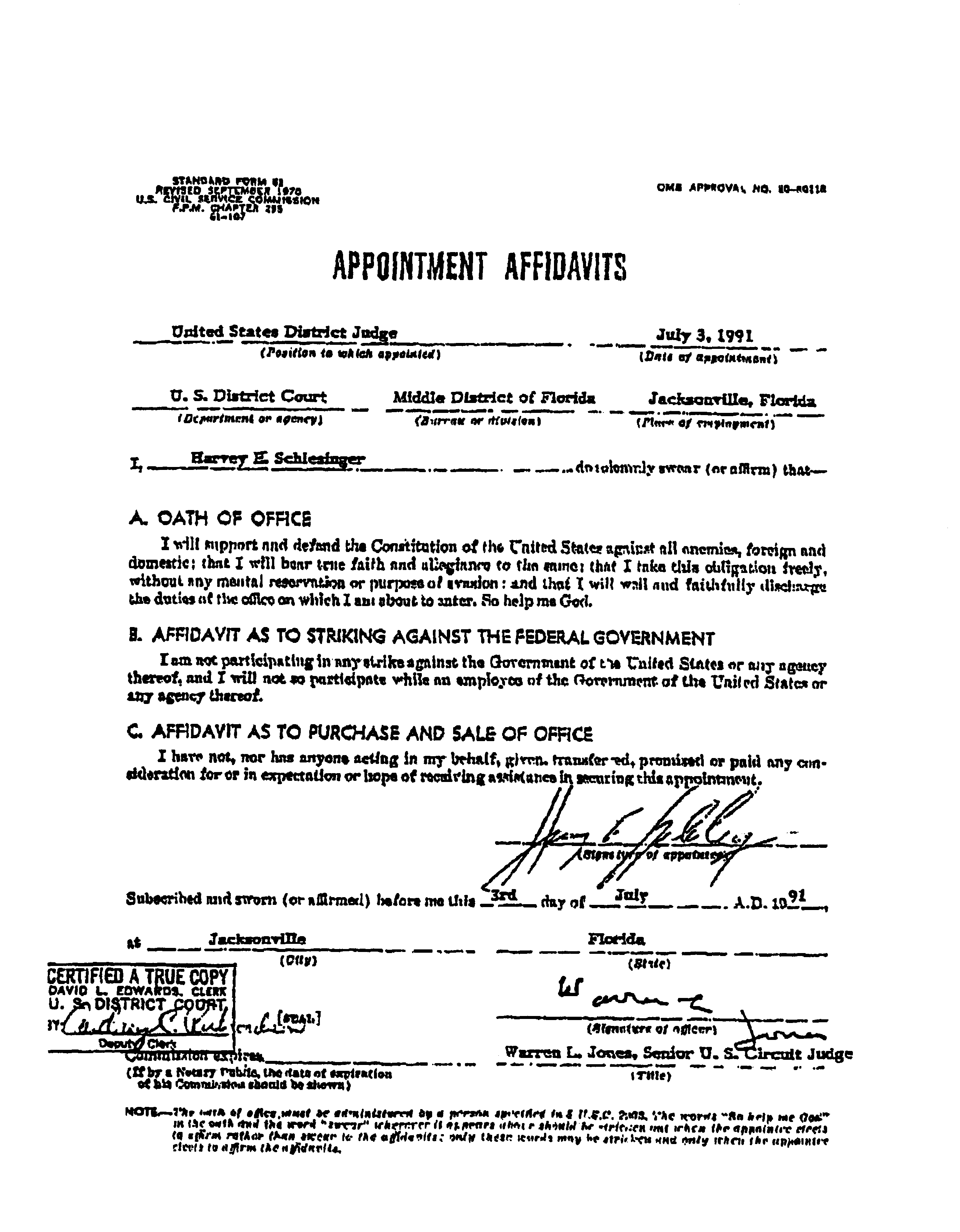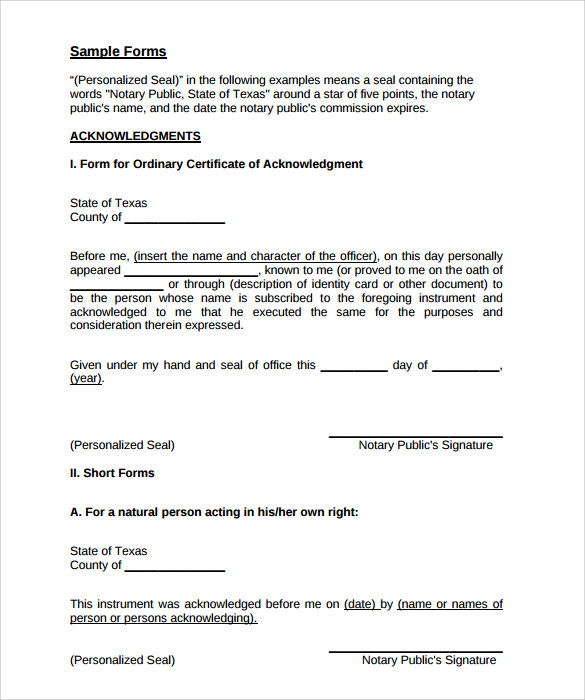


It is important to note that if you opt not to register your will, your will is still legal as long as it meets the criteria.Ĭomplete the Contact us form now Having a Legal Will Has Many Benefits There is a small fee to file your will into the registry. New Jersey also offers the option of entering your legal documents into the state’s will registry, which may make it easier to find and authenticate after your death. If you try to handle the process on your own, it is a good idea to have a notary meet with you and your witnesses to take care of this. When a New Jersey estate planning attorney prepares your last will and testament, they will likely ensure your will is self-proving. This is why the probate process can be much faster with a notarized will. In other cases, they must track down the witnesses to prove authenticity. This means the Surrogate will not need to take any additional actions to prove the will is authentic. When a notary signs and stamps your will in New Jersey, this makes it “self-proving.” While New Jersey does not require you to notarize a will to make it legal, there are significant benefits of getting it notarized. Most estate planning law firms have a notary on hand to notarize the legal document and confirm all signatures are legitimate. This may also apply if the person uses a template found online. When a person types their will or prepares it with the help of an estate planning attorney, it must include their signature as well as the signature of two other people who witnessed them signing the will or otherwise acknowledging they approve of the will. Handwritten wills do not require the signature of any witnesses, as long as someone can verify it is the testator’s (i.e., the person whose will it is) own handwriting. New Jersey has different rules for handwritten wills and typed wills. Not knowing whether or not the loved one was competent when they wrote and signed their will is a common reason why family members contest a will.įor a legal consultation, call 85 Witness Requirements for New Jersey Wills What property do they own, where it is located, and who are their intended beneficiariesĬompetence often becomes an issue when the person who created the will has a cognitive disability or dementia.What a will does and the purpose of executing one and.It is also important to note that the person executing the will must be legally competent to make this type of decision. New Jersey requires you to be over the age of 18 before you can write and execute a will. Only Competent Adults Can File a Legal Will in New Jersey It also plays a key role in reducing the risk of estate litigation after your death. Having a legal last will and testament ensures your surviving friends and family members follow your wishes when it comes time to distribute your assets and handle your final affairs. It is self-proving if it also has been notarized. A will is legal in New Jersey if it is handwritten or typed by a competent adult and witnessed by two other people.


 0 kommentar(er)
0 kommentar(er)
